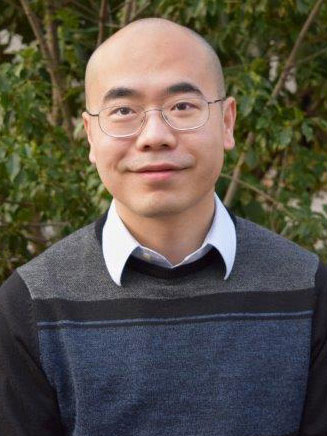
Sensing technology promises enormous benefits in healthcare applications. With the help of artificial intelligence (AI), these tools can improve treatment efficacy, facilitate disease detection, and monitor and analyze patient health in real time. However, practitioners face ethical risks when collecting sensitive data and using AI to develop products and discover insights. A comprehensive approach to Responsible AI is necessary for organizations to innovate and advance the state of the art.
In this webinar, business leaders and practitioners learn about key developments in AI and sensing technology from EAI Director of AI + Health Dr. Eugene Tunik, and their responsible development and use from EAI Ethics Lead Dr. Cansu Canca. Combining interdisciplinary research, experiential learning, and a comprehensive and organization-wide implementation framework in Responsible AI, the Institute for Experiential AI at Northeastern University is uniquely positioned to provide ethical guidance and expertise for healthcare innovators.
Speakers:
Gene Tunik, director of AI + health at the Institute for Experiential AI (EAI)
Cansu Canca, ethics lead at EAI
Karen Quigley, affiliate faculty at EAI and professor of psychology at Northeastern University
Rai Winslow, director of life sciences and medical research at the Roux Institute
Maria Giovanna Trovato, global strategy and business development manager in healthcare and life sciences at EAI
Flip through the presentation slides here:
Keynote and Industry Speakers
Northeastern University Speakers
Agenda





.png)







%20circ.png)


























.png)
.png)

.png)













-p-800.png)




























.png)















